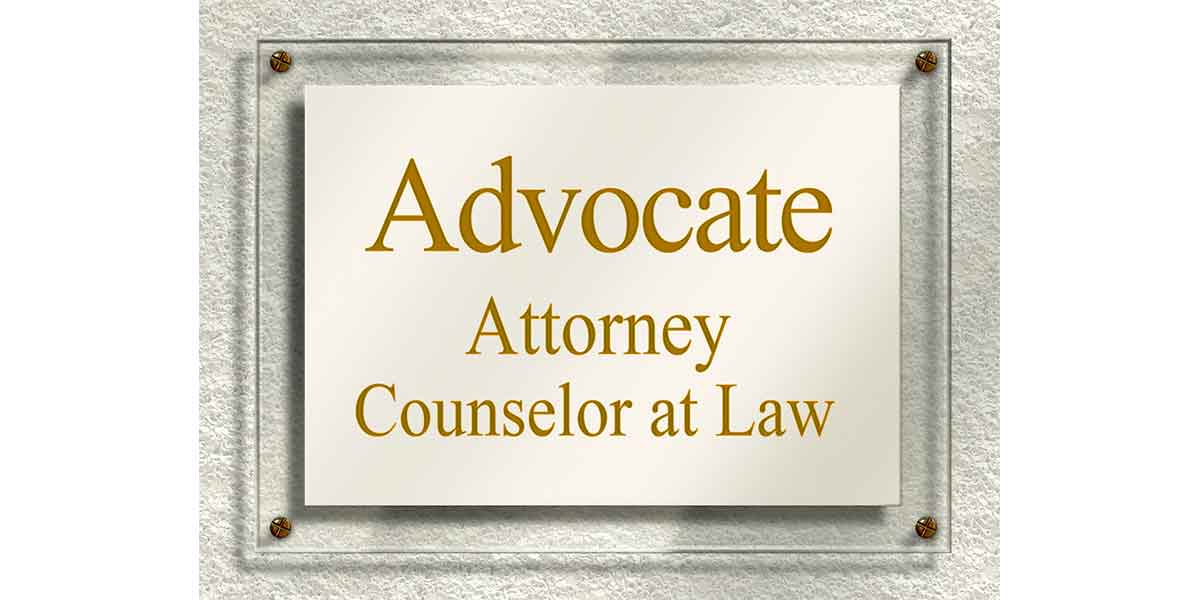It is essential for individuals to have a basic estate plan in place as responsible adults. Estate planning ensures that one’s loved ones are taken care of after they pass away. Despite its importance, many people overlook estate planning due to the myths and misconceptions surrounding it. Falling prey to these falsehoods can result in family issues. By engaging in careful planning and seeking professional advice, one can dispel these myths and safeguard their family’s well-being and financial security.
The Misconception of Estate Planning
One common myth is that estate planning is only necessary for individuals with large estates, while others believe their assets are too insignificant to warrant any planning. In reality, the size of one’s estate does not determine the need for estate planning. It is a straightforward process that allows individuals to dictate the distribution of their assets and appoint someone to manage their property. Even young adults with minimal possessions should consider estate planning to secure their future.
Dispelling Probate Misconceptions
Probate, often viewed negatively in estate planning, is not always a cumbersome or costly process. With legal assistance, the expenses associated with probate can be controlled, or individuals can opt for a revocable living trust to streamline the process. It is important to understand that probate is necessary to execute the wishes outlined in a will. Without probate, the state’s laws dictate the distribution of the property.
Government Inheritance Misunderstanding
Another misconception is that the government automatically inherits an individual’s property if they pass away without a will or trust. While there are instances where the state may claim the estate, it is not a common occurrence. A will allows individuals to specify the distribution of their assets, preventing the government from seizing the property. State laws typically align with an individual’s wishes regarding their property.
Professional Guidance in Estate Planning
Contrary to the belief that estate planning can be done independently to save costs, it is crucial to seek assistance from a knowledgeable advisor. Crafting estate planning tools without proper guidance can lead to unforeseen expenses and potential complications. While individuals may understand the concept of a will, creating one requires expertise to ensure the protection of their family and assets.
Continuous Updates in Estate Planning
Merely having an estate plan is not sufficient; it must be regularly updated to reflect changing circumstances and preferences. Life changes necessitate adjustments to the estate plan to meet evolving needs. Whether designating a guardian for a child or including charitable bequests, these decisions should be incorporated into the plan. Given that estate planning is a legal document, staying informed about legal changes and consulting a legal advisor is advisable to ensure the plan remains effective.
Parting Thoughts
The prevalence of myths surrounding estate planning has created unnecessary confusion and uncertainty. It is a straightforward process that allows individuals to plan for their family’s future responsibly. By approaching estate planning with a clear understanding and seeking professional guidance as needed, individuals can avoid the pitfalls of misinformation and protect their loved ones effectively.




